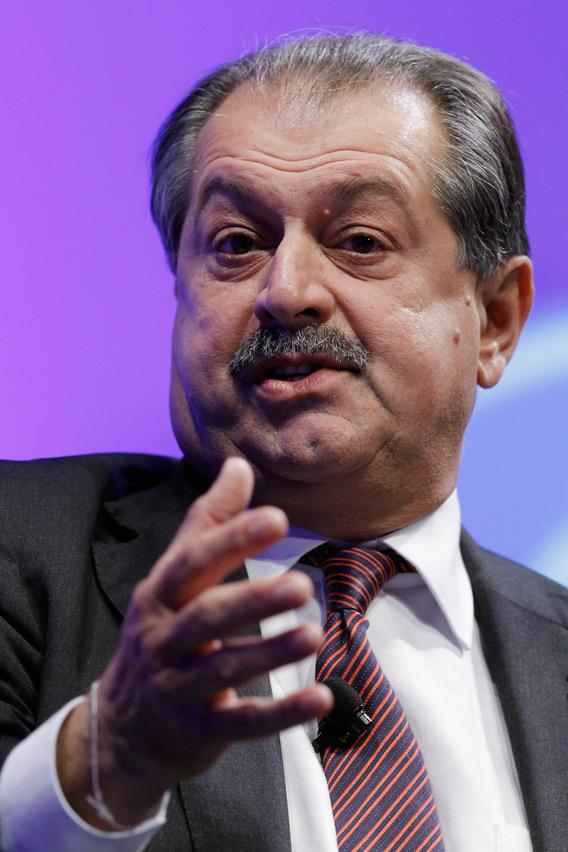The global war for talent is a popular justification for exorbitant chief executive pay. But with few exceptions, expatriate chiefs are a tiny minority at most major publicly traded corporations. It’s bad news for shareholders, especially in high-pay hubs, who could find better-value stewards overseas.
Multinationals are constantly in search of cheaper workers. The one exception appears to be the most expensive staff of all, in the boardroom. Particularly in the United States and Britain, boards have shown little desire to get the maximum bang for their buck by insisting companies cast wider recruitment nets. Anglo-American companies continue to tolerate steep rises in pay at the top that far exceed returns.
In 2010, compensation for the head honchos at American and British companies climbed 36 percent and 43 percent, respectively, dwarfing shareholder returns of around 15 percent, according to research firms GMI and Incomes Data Services. As recently as 1993, U.S. corporate bosses were paid some 130 times more than the average worker. Now they command about 350 times more, according to Duke University economist Dan Ariely.
A big plank of the defense has been globalization. Since the brightest CEOs can take their pick of posts across the globe, or so the argument goes, shareholders should not be surprised by astronomic remuneration - a point recently made by the Corporation of London’s policy chief. This oft-repeated excuse for overcharging shareholders is seldom backed up with evidence.
In fact, a domestic passport holder typically heads leading companies. According to a Reuters Breakingviews analysis of Fortune 50 companies, just a handful of CEOs were foreign nationals. And performance doesn’t explain the home bias. In a study conducted by Obermatt, a financial research company, roughly 42 percent of the largest U.S. firms surveyed paid their CEOs above-average compensation despite underperforming their peers.
Broader metrics also debunk the notion that Americans, who earn some 60 percent more than their European counterparts, according to the Hay Group, are somehow more astute at creating shareholder value. In fact, the Continentals lead the pack when it comes to performance over the last decade, producing returns of 85 percent, including dividends, against just 63 percent by better paid Brits and the 47 percent managed by the lavishly rewarded Americans.
Even though the correlation between pay and performance is non-existent in the United States, according to an Obermatt study, other countries like Britain persist in using the American pay standard to justify spikes in CEO compensation. There’s also surprisingly little evidence that globe-trotting chiefs are causing bidding wars among multinational companies who want to poach, or retain, the best corporate leaders. For instance, the top 10 German companies by earnings are all run by Teutonic chiefs, while Japan’s biggest companies also favor CEOs born and bred in the land of the rising sun.
In fact, the tendency of CEOs to nest in their home countries could actually be part of the problem. A mobile workforce should exert a downward pressure on top executive compensation. Given outsized U.S. pay, American companies should have little problem recruiting foreign-born bosses. For large multinationals that increasingly depend on overseas sales, naming a European, Indian or Brazilian CEO could not only be cheaper, but also a potentially strategic move to win over customers in foreign markets.
Yet, there are a host of non-economic reasons why national borders will keep limiting such movement at the top. Cultural differences, entrenched networks and, in some cases, political barriers are likely to trump cost when hiring a CEO. Shareholders, however, should be more skeptical when they hear the global free market used as an excuse for fatter executive paychecks.
Read more at Reuters Breakingviews.
